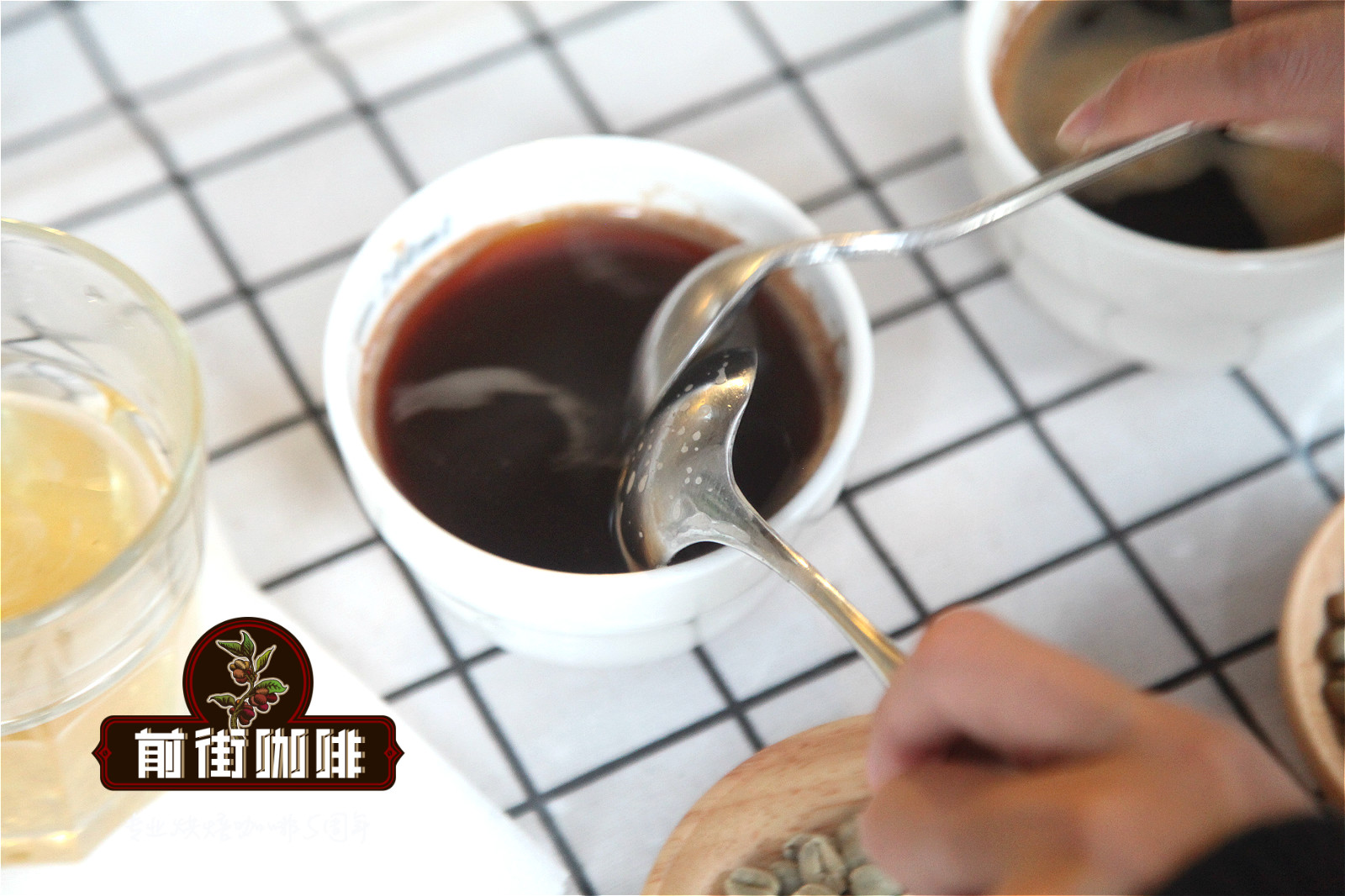What's so special about Yemeni coffee beans? is Yemeni coffee good? what's its unique flavor?

Professional coffee knowledge exchange more coffee bean information please follow the coffee workshop (Wechat official account cafe_style)
We've been saying that Yemeni coffee is unique, but what's unique?
Let's start with the geographical location of Yemen.
Yemen is located in the southwestern tip of the Arabian Peninsula, with a tropical arid climate, with two hot and cool seasons a year, and a large coffee planting area. Yemeni coffee has a long history, coffee beans are the main crop in Yemen, Yemeni coffee beans are also very popular, which must have its unique features.
Because the steep slopes, valleys and depressions that can be planted in the mountains are very narrow, coffee farmers adopt distributed cultivation and plant a few plants whenever there is a suitable place, regardless of wild forests, cliffs or barren valleys. Experts pointed out that the diversity of the planting environment and the diversity of microclimate have created the ever-changing aroma and acid of Yemeni coffee. Some people laugh that there are no two beans with the same taste in the same sack of Yemeni coffee, which can be called "game" boutique coffee.
This is because Yemeni coffee is scattered among cliffs, vertical valleys, depressions, fields, terraces, plateaus and mountains, and even the same varieties will give birth to different fragrant elves due to different microclimate and soil quality, not to mention the wide variety of Yemeni coffee. Seasoned Yemeni coffee farmers can tell the variety and flavor of coffee from which hills, steep slopes, terraces, villages or areas the coffee comes from. In contrast, the monotonous flavor created by soil and water can not be compared with the single landform planted on a large scale in Brazil on the same plain or hill.
Yemeni dry lack of water, coffee beans are also relatively small, bean color is light green or yellowish. After the farmers harvest the red fruit, they put it on the roof of the farmhouse and expose it to the sun for two to three weeks to let the coffee fruit dry and hard.
During this time, the pulp essence will seep into the beans in the pods to increase the flavor. For about three to six weeks, depending on the dry and hard condition of the fruit, the farmer crushed the hard pulp and pods with a traditional grindstone to remove the coffee beans. In addition, Yemeni beans are also harder and brittle than ordinary coffee beans, and the collision in the handling process will also cause bean body breakage or defects, so the work of picking beans before baking can not be omitted, be sure to pick out these broken beans, so as not to deteriorate and affect the flavor.
Important Notice :
前街咖啡 FrontStreet Coffee has moved to new addredd:
FrontStreet Coffee Address: 315,Donghua East Road,GuangZhou
Tel:020 38364473
- Prev

What is the flavor of Mexican coffee? do Mexican coffee beans taste good?
Professional coffee knowledge exchange more coffee bean information please follow the coffee workshop (Wechat official account cafe_style) Mexican coffee beans Mexico a special coffee production place, the market is also rare Mexican coffee beans, coffee bean grade distinction and Nicaragua in terms of height is similar to coffee beans, and this one is produced in southern Mexico and adjacent borders of Guatemala
- Next

Hawaiian Coffee Where is Hawaii Coffee Made What is Hawaii Kona Coffee Grade How is it Graded
Professional coffee knowledge exchange More coffee bean information Please pay attention to coffee workshop (Weixin Official Accounts cafe_style) Hawaii Hawaii After nearly two centuries of efforts to grow coffee, the term Kona has almost been equivalent to "quality." Hawaii has geographically advantageous growing conditions, but historically coffee trees have been cultivated since 1825.
Related
- Detailed explanation of Jadeite planting Land in Panamanian Jadeite Manor introduction to the grading system of Jadeite competitive bidding, Red bid, Green bid and Rose Summer
- Story of Coffee planting in Brenka region of Costa Rica Stonehenge Manor anaerobic heavy honey treatment of flavor mouth
- What's on the barrel of Blue Mountain Coffee beans?
- Can American coffee also pull flowers? How to use hot American style to pull out a good-looking pattern?
- Can you make a cold extract with coffee beans? What is the right proportion for cold-extracted coffee formula?
- Indonesian PWN Gold Mandrine Coffee Origin Features Flavor How to Chong? Mandolin coffee is American.
- A brief introduction to the flavor characteristics of Brazilian yellow bourbon coffee beans
- What is the effect of different water quality on the flavor of cold-extracted coffee? What kind of water is best for brewing coffee?
- Why do you think of Rose Summer whenever you mention Panamanian coffee?
- Introduction to the characteristics of authentic blue mountain coffee bean producing areas? What is the CIB Coffee Authority in Jamaica?

